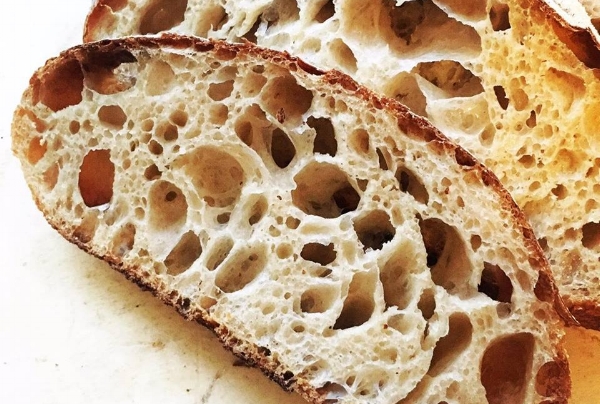Les faux amis
At Lingua Franca we're always encouraging you to take risks with your French. You'll often hear us saying "Just have a guess!" when you're stuck for a word, since we know there's a fairly good chance you'll get it right. French and English share at least 10 000 words, so it's not a bad stratégie* (see?), except when you get it wrong...
The culprit in these instances is usually a faux ami, or a false friend. These are words that look the same or similar in both languages, but have différent* meanings.The naughty Chouchous amongst you will already know to avoid excité* and préservatifs*, but there are many more seemingly innocuous words that can trip you up on your way to conquering la langue française*.
un bouton ≠ a button.
Well, it does actually but it also means a pimple, so attention*.
la monnaie ≠ money.
La monnaie actually means change, so if you hear someone saying "Je n'ai pas la monnaie." it doesn't mean they're broke, just that they might need to break a fifty.
la déception ≠ deception.
We nearly didn't employ someone once when he told us that since he'd worked in sales, he was very familiar with deception. Déception means disappointment, not being untruthful.
la location ≠ the location.
Have you ever seen a sign at a French airport indicating 'location de voitures'? I always assumed it meant the place where the cars were located (and it was never clear to me which cars, by the way), but it made a lot more sense when I finally realised location means 'rental'.
le pain ≠ the pain.
In fact it's the opposite. In France, le pain (bread) is usually synonymous with a whole lot of pleasure.
un tissu ≠ a tissue.
A tissue is un mouchoir, whereas tissu simply means fabric. By the way, for a vrai ami (true friend), you can always say 'un Kleenex' instead of un mouchoir for tissue. The glory of la globalisation*, non?
une prune ≠ a prune. How is that possible? How could it not mean prune? Because une prune is a plum and a prune is un pruneau. Tu piges*?
un slip ≠ a slip. In fact, un slip refers to a pair of men's undies. Not boxers but briefs. Which reminds me, les culottes does not refer to a wide-legged pair of pants. Les culottes is a slang word for women's knickers. Mignon, non*?
By the way, we're not immune to falling into the faux ami trap here at the office either. We're all second-language learners, like you, and have had our share of embarrassing language-related incidents over the years. For example:
Katrina recently responded to a text of Myriam's thanking her for something by saying "Ça me donne beaucoup de plaisir". She thought she was saying “it gives me a lot of pleasure”, meaning, you're welcome. Apparently not. Phrased that way, it means it gives me a lot of physical, even erotic, pleasure, which was really not her intention! She’s since been told the correct phrase is "Ça me fait très plaisir."
Myriam's own slip-up was more a question of pronunciation. When she first arrived in Australia and was setting up the house and buying bed linen, she went shopping for 'shits'. Oops.
The first time someone told Deborah they worked in hospitality, she assumed they worked in a hospital. Tellement mignon*!
Josephine was trying to explain her physique to someone and wanted to talk about her 'measurements' which in French is 'les mensurations'. Translating (almost) directly from French to English she ended up saying that her menstruations were not standard. La honte!*
*strategy | *different | *sexually excited | *condoms | *the French language | *be careful | *globalisation | *Get it? | *Cute, isn't it? | *So cute! *How embarrassing!











